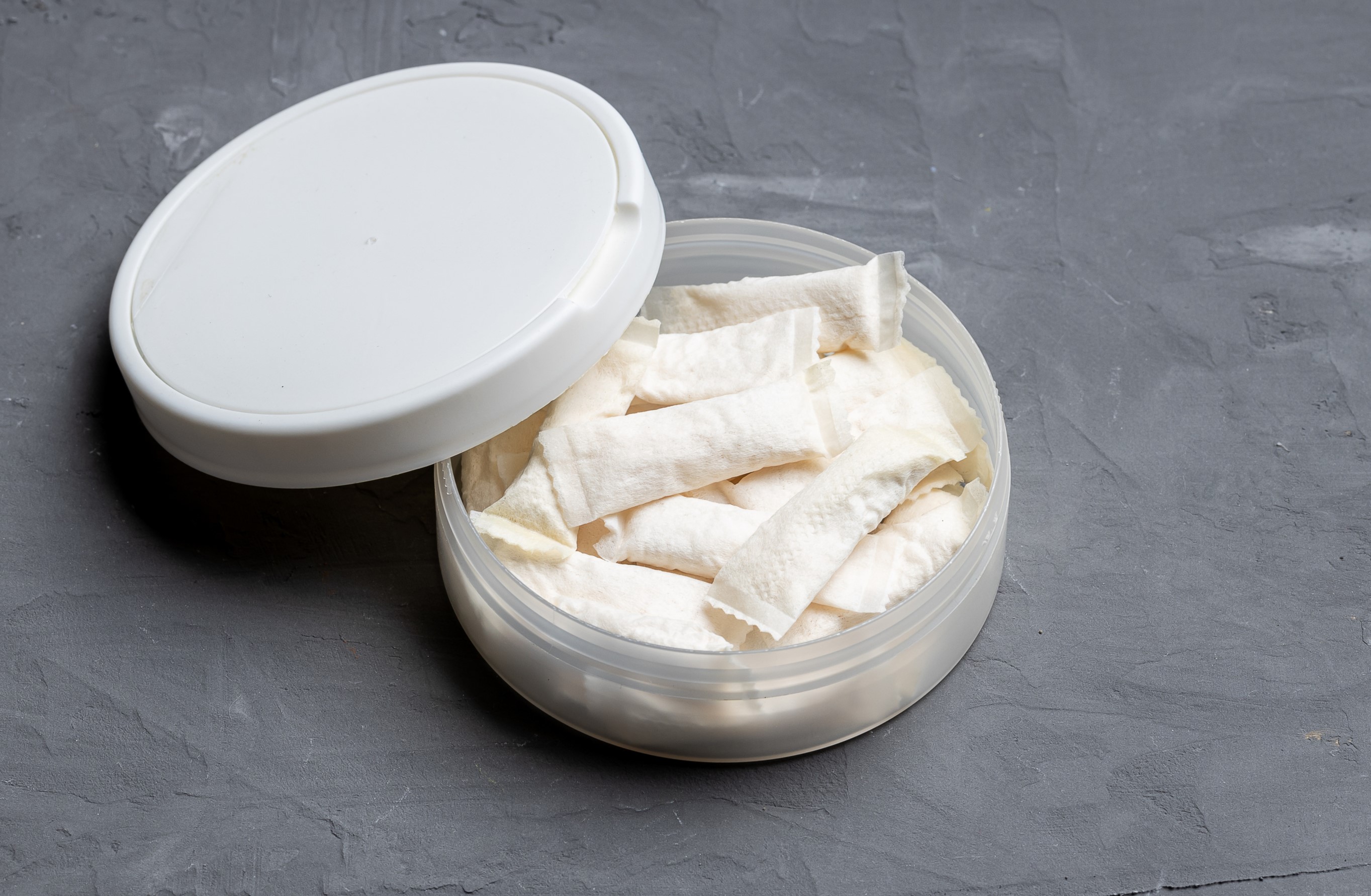These days we know how addictive nicotine is, and that tobacco smoking can cause many serious conditions including 16 types of cancer, cardiovascular disease, chronic lung disease and asthma. Unfortunately, Aboriginal and Torres Strait Islander people are 2.6 times as likely as non-Indigenous people to smoke daily.

Seriously!
Early on, smoking pipes and tobacco were given to Aboriginal and Torres Strait Islander people as tokens of good will. As time went on they became more popular and were offered to Aboriginal and Torres Strait Islander people in exchange for material goods, knowledge and labour.
Tobacco soon became the most common form of payment, leading to Aboriginal and Torres Strait Islander people being willing to do more work and trade valuable information for smaller amounts of tobacco because of their addiction to nicotine.
But surely there was smoking before colonisation? What about smoking ceremonies?
Well, while traditional smoking ceremonies have a long history and remain an important and positive part of our culture, tobacco smoking does not. Smoking ceremonies involve burning native plants to produce smoke that is believed to cleanse and remove bad spirits. Whereas, tobacco smoke contains over 7000 chemicals that are very harmful to our health and can impact our ability to do normal day–to-day activities.
Before colonisation, Aboriginal and Torres Strait Islander people in some regions used to chew on plants that contained nicotine. There were a few different plants that were used to make ‘bush tobacco’. While it was a valued item which was traded over long distances, the small quantities meant that regular use was mostly limited to the regions where the plants were found.
Chewing ‘bush tobacco’ was seen as second choice after the widespread introduction of factory-made cigarettes by early settlers and travellers.

Post-colonisation, smoking was everywhere. Men, women and children would smoke cigarettes. This was passed down through generations and seen as normal among many communities and households.
So, smoking does have a connection to our recent history but it is not part of our culture. Our families, where we grew up, if people smoked around us and whether our friends think smoking is okay can also lead to more of our mob smoking.
So, what's happening now?
In 1994, 54.5% Aboriginal and Torres Strait Islander people currently smoked. In 2022–23, this had declined to 34.1%, and continues to decrease with more people quitting and less people picking up the habit. Deciding to reduce and quit smoking is the best way to decrease your risk of becoming sick and can increase the amount of money you have in your wallet.
Where to start?
Some people can go cold turkey, some slowly decrease how many cigarettes they smoke a day and others use patches. It’s important to remember there isn’t a rule book on how to quit and your experience will be different to the next person. The My QuitBuddy app is a great place to start; it helps you to make a plan to reach your goals of reducing and quitting.

If you would like more information on quitting, have a yarn with your doctor, health worker or give the Quitline a call (you can ask to talk to an Aboriginal Quitline counsellor) on 13 7848.

.webp)



.jpg)
.jpg)






